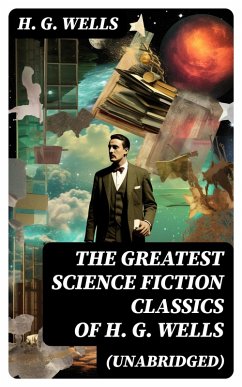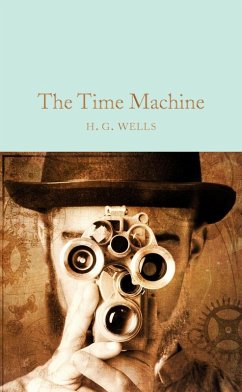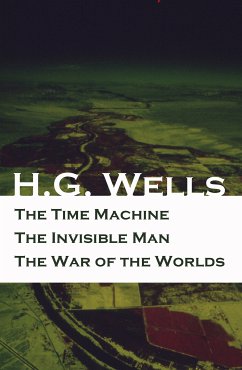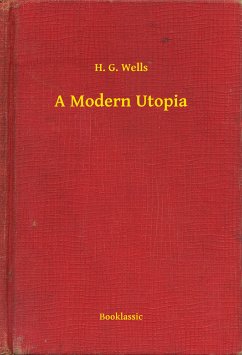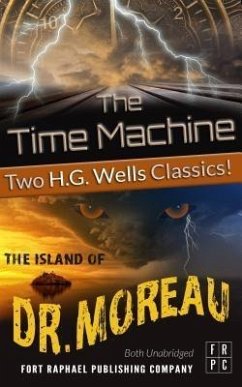
A Modern Utopia (Unabridged) (eBook, ePUB)

PAYBACK Punkte
0 °P sammeln!
In 'A Modern Utopia', H. G. Wells presents a visionary exploration of a future society designed around ideals of equality, efficiency, and technological advancement. Written in 1905, the book employs a blend of speculative fiction and philosophical discourse, using a narrative framework that includes allegorical elements and didactic tones to dissect contemporary social issues. Wells imagines a utopian world that grapples with the complexities of governance, human nature, and the ethical implications of progress, encouraging readers to scrutinize the trajectory of their own society against a b...
In 'A Modern Utopia', H. G. Wells presents a visionary exploration of a future society designed around ideals of equality, efficiency, and technological advancement. Written in 1905, the book employs a blend of speculative fiction and philosophical discourse, using a narrative framework that includes allegorical elements and didactic tones to dissect contemporary social issues. Wells imagines a utopian world that grapples with the complexities of governance, human nature, and the ethical implications of progress, encouraging readers to scrutinize the trajectory of their own society against a backdrop of an ideal future. H. G. Wells, often referred to as the father of science fiction, was driven by a profound belief in social reform and the transformative power of science. His lifelong engagement with socio-political issues and his experiences in the rapidly industrializing world of the late 19th and early 20th centuries deeply influenced his imaginative works. 'A Modern Utopia' stands as a culmination of Wells's interests, synthesizing his fascination with technology and his desire for improved social structures, reflecting the zeitgeist of his time. This thought-provoking text is highly recommended for readers interested in philosophical explorations of society, as well as those keen on understanding the roots of modern utopian literature. Wells's incisive observations remain relevant today, making this unabridged edition an essential read for scholars and enthusiasts of literature and social theory alike.
Dieser Download kann aus rechtlichen Gründen nur mit Rechnungsadresse in A, B, BG, CY, CZ, D, DK, EW, FIN, F, GR, H, IRL, I, LT, L, LR, M, NL, PL, P, R, S, SLO, SK ausgeliefert werden.






